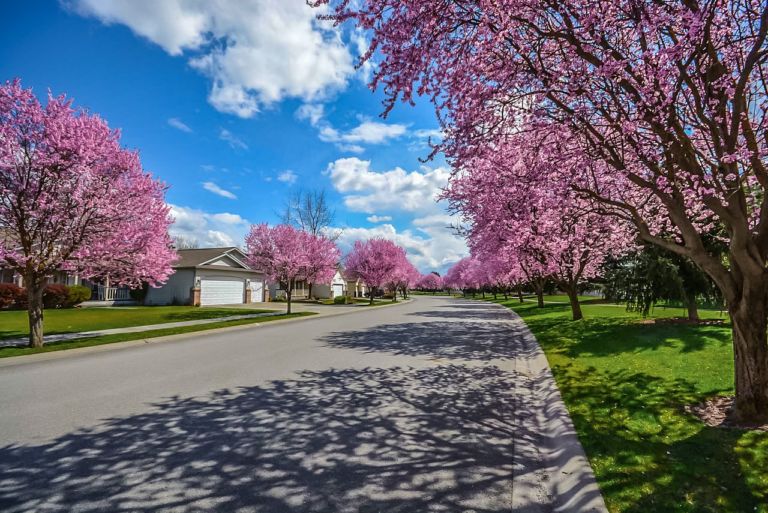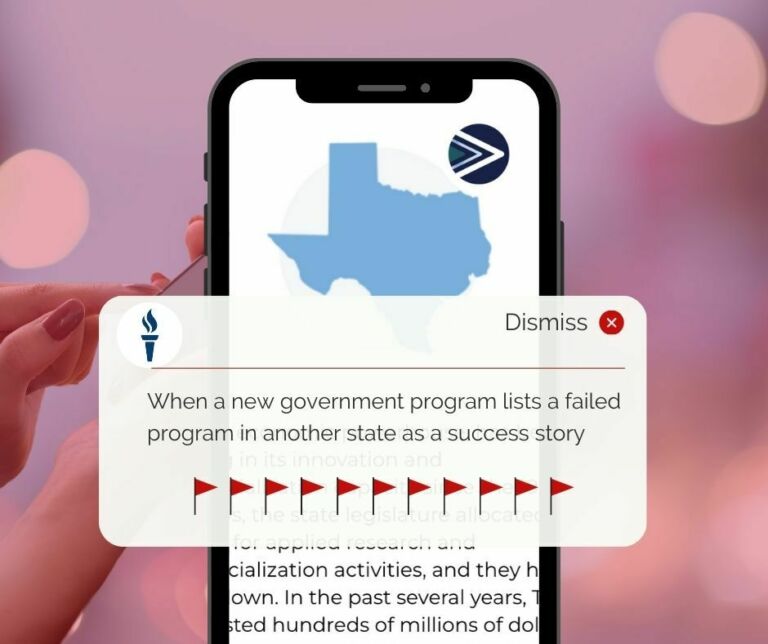My latest column for the American Institute for Economic Research, “Freedom and Whisky Go Together Like Tyranny and Oppression,” opens at a Burns Night supper in Raleigh not too long ago. It discusses Scottish national poet Robert Burns’ iconic line “Freedom and whisky gang thegither” [go together] and the history behind that poem.
The government’s destructive meddling, meanwhile, continued. Dismay over excise tax collection led to a succession of laws to regulate and tax Scottish distilling. As is common with such overreach, however, it led to a black market and — as is also common — government officials perplexed by the unintended negative consequences of their taxation and regulation deciding that the solution was even more taxation and regulation. A proper history of Scotch will fill in fascinating details this summary leaves out.
Burns’ “Earnest Cry and Prayer” was prompted by the Scotch Distillery Act of 1786, a protectionist act on behalf of London gin distillers that hiked duties on whisky exported to England and taxed Scottish still capacity. It was a call for action to Scotland’s 45 members of Parliament from a man who knew all too well the destructive power of such acts.
I then go through the poem, finishing up the discussion this way:
[Burns] reminds [the Scottish MPs] of their position, their knowledge of the law, and their rhetorical skills, before declaring: “Arouse, my boys! exert your mettle, / To get auld Scotland back her kettle” and to go in haste to Parliament and “strive, wi’ a’ your wit an’ lear, / To get remead” (“strive, with all your wit and learning, / To get redress”).
In his concluding stanzas, he hails whisky as the drink of the “freeborn, martial boys” of Scotland, and he readily sees the “foe” as government: “royal George’s will.” His final lines are well founded. If tyranny is linked to the oppression of distilling, then it follows that “Freedom and whisky gang thegither.”
The destructive nature of government taxation and overregulation that Burns railed against in the 18th century are still on display in the 21st, as I realized. They impacted many elements of that Burns Night supper in Raleigh.
The pub itself is now gone, a victim of Gov. Cooper’s idiotic lockdowns. A public house for community gathering, eating, drinking, singing, dancing, even poetry reading cannot survive long on takeout fish and chips.
I wrote (emphasis added):
The whisky we toasted with was under heavy government control, and despite several bills over the coming years to try to free liquor from state control, they would all fall in defeat. North Carolina stands as one of the 17 remaining control states for liquor even though it is a license state for beer and wine. In recent months, North Carolina has been suffering a significant liquor shortage amid problems with its state alcoholic beverage control system and state warehouse operator.
The dinner served that night was inauthentic. What the bagpipes heralded in the pub was not haggis, it was a haggis equivalent. When the U.S. Dept. of Agriculture banned the sale of sheep’s lungs (a key ingredient) in 1971, the effect was immediately to halt the import of haggis. Every year sees hopeful articles written that this will be the year the haggis ban falls, but they have all come to naught, leaving the US in the bizarre position of having a black market in haggis. In the 2000s, Nick Nairn, a Michelin-starred chef, was caught smuggling in haggis by an airport sniffer dog.
Even the pub itself is now gone. It fell victim to North Carolina Gov. Roy Cooper’s idiotic lockdowns in May 2020. A public house (“pub”) for community gathering, eating, drinking, singing, dancing, even poetry reading cannot survive long trying to sell takeout fish and chips.


